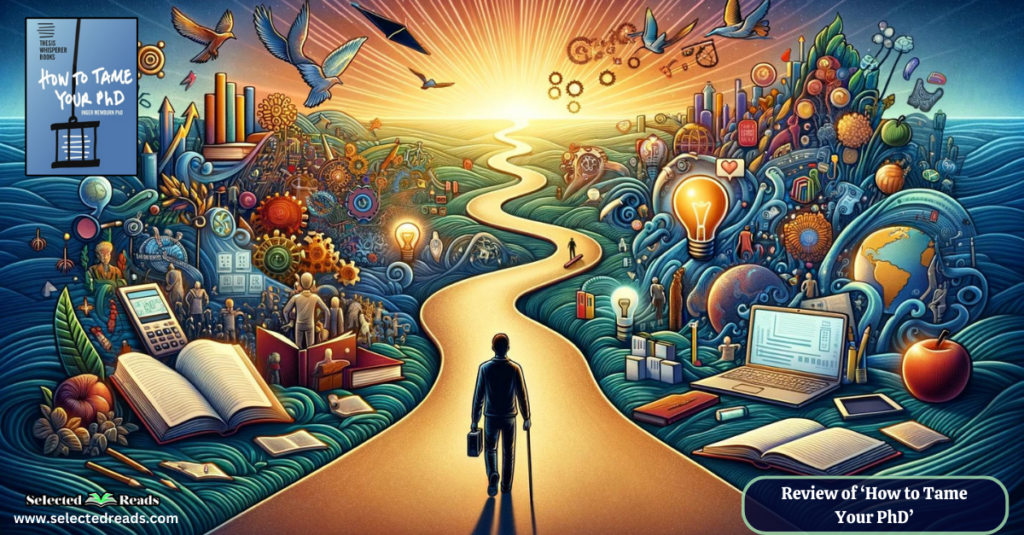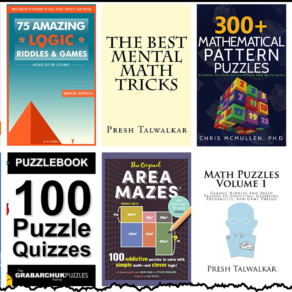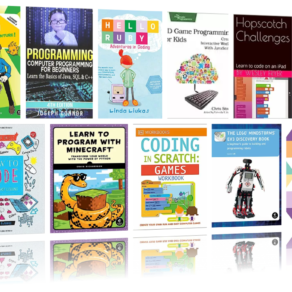
PhD is an incredible and transformative journey! The discomfort and challenges it presents are unparalleled and nearly impossible to replicate on your own. It’s a path that pushes you to confront difficult experiences head-on.
Defending my dissertation was a pivotal moment, highlighted when my twin sister asked me to explain to her what the PhD taught me. My response was simple: it taught me to unlearn and relearn. A PhD isn’t just about deep diving into a niche topic; it’s about honing the metacognitive tools to learn anything effectively. This adaptability and learning agility, I believe, is the true value of pursuing a doctorate—it makes you unstoppable.
In this regard, If you’re considering or currently navigating a PhD, Dr. Inger Mewburn’s “How to Tame Your PhD” is an essential guide. This concise book, rich with wisdom from years of academic experience, offers strategies to master the PhD journey. It’s a read you can finish in one sitting, but its insights will last a lifetime, helping you to do the PhD the right way and reap its fullest rewards.
Summary of How to Tame your PhD
Mewburn’s book, an expansion and refinement of her blog posts from The Thesis Whisperer, speaks directly to the heart of the PhD experience, tackling the rollercoaster of emotions, the daunting literature review, and the often perplexing world of academic writing.
What makes her advice stand out is not just her own experience of completing a PhD in three years—a feat in itself—but also her candid discussion about the emotional rollercoaster that accompanies this journey. Here are some of the main points Mewburn discussed in her book How to Tame Your PhD:
Photo: Amazon
- Why People Struggle to Finish a PhD: She opens the conversation around the mental and emotional battles that PhD candidates face. It’s not just about intellectual capability; it’s about persistence, managing self-doubt, and the constant battle with the imposter syndrome.
- The Role of Emotions in PhD Study: Mewburn dives deep into how emotions can both fuel and foil your research journey. She encourages embracing these emotions rather than suppressing them, offering strategies to channel them productively.
- Limiting Self Beliefs: A major hurdle, as Mewburn points out, is our own self-imposed limitations. She provides insights into overcoming these barriers, emphasizing a mindset shift towards growth and resilience.
- Finding the Right Topic: This is often the first major challenge. Mewburn’s advice is practical: choose a topic that not only interests you but is also viable and valuable to your field.
- The Nature of Theses and Dissertations: She demystifies what a thesis should be—a unique contribution to your field, not a magnum opus. This perspective can significantly reduce the pressure on PhD candidates.
- The Dead Hand of the Thesis Genre: Mewburn talks about the conventional constraints of academic writing and encourages finding a voice within those confines, making your work both scholarly and engaging.
- How to Fail Your PhD: Interestingly, she outlines common pitfalls, not to demotivate, but to prepare and forewarn students. It’s a roadmap of what not to do.
- Generating Ideas and Taming the Literature Dragon: Here, Mewburn shines, offering strategies for creative thinking and managing the vast ocean of existing research without getting drowned in it.
- Stuckness and Productivity: She addresses the dreaded writer’s block and productivity slumps with practical tools like the Pomodoro Technique, aiming to make writing a habit rather than a Herculean task.
- Writing Tools and Techniques: The book isn’t just about what to write but also how to write. Mewburn discusses tools and habits to streamline the writing process, including how to achieve the seemingly impossible task of writing 1000 words a day.
- Writing for Your Readers: Finally, she reminds us that at the heart of academic writing is the reader. Understanding your audience, from your supervisor to future researchers, is crucial.
Inger Mewburn’s “How to Tame Your PhD” doesn’t just talk at you; it speaks with you. It’s filled with relatable anecdotes, making the PhD journey seem less lonely. This book, and by extension, The Thesis Whisperer blog, acts as a companion through the highs and lows of doctoral research. Whether it’s wrangling with the “literature dragon” or finding your writing rhythm, Mewburn offers a treasure trove of advice that’s both inspiring and grounded in reality.
Related: Books on How to Write a Literature Review
Final thoughts
As someone who’s navigated the academic waters and now helps others do the same through my work, I can say that Mewburn’s blend of empathy, experience, and evidence-based strategies is a potent formula for success. This book is a must-read for anyone in the throes of PhD research or contemplating the journey. It’s like having a wise mentor at your side, ready to guide you through the storm and into the calm waters of academic achievement.







